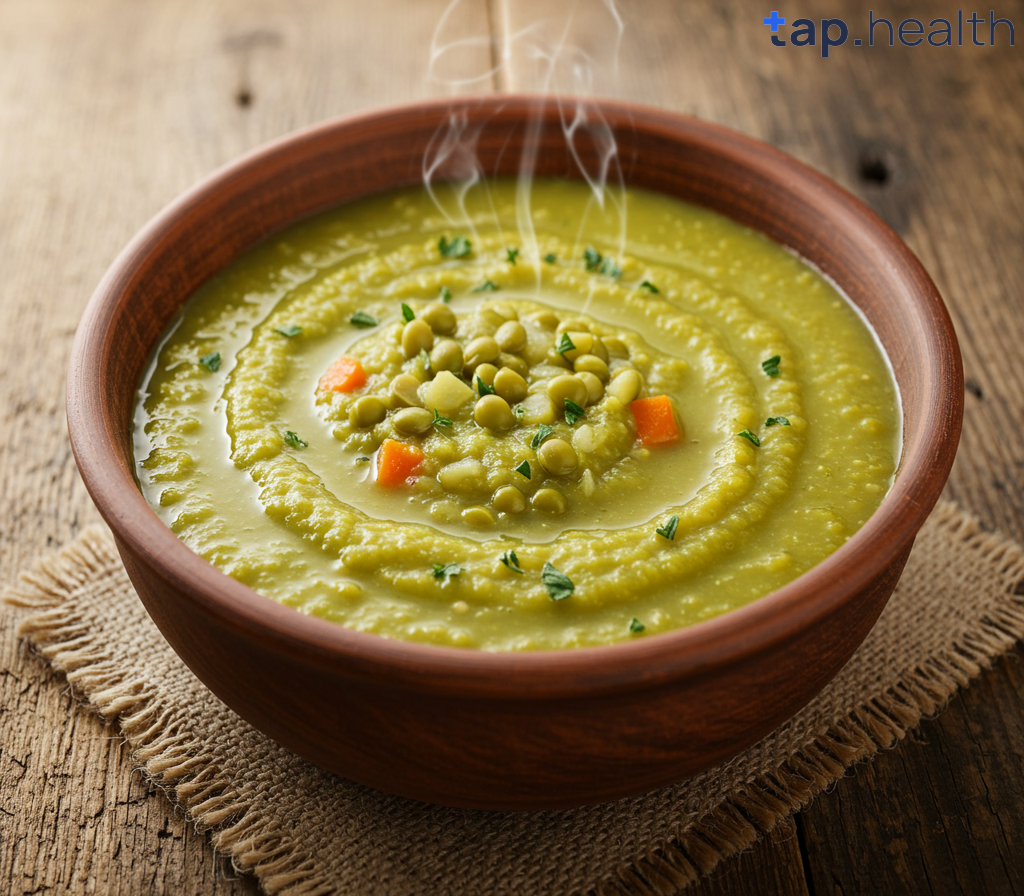Pinto beans are a widely consumed legume, especially in Mexican and Southwestern cuisines. Known for their rich flavor and texture, pinto beans are packed with nutrients that are beneficial for overall health. For diabetics, managing blood sugar levels is crucial, and choosing the right foods is key. But is pinto bean a good option for diabetic patients? In this article, we’ll explore the nutritional benefits of pinto beans, how they affect blood sugar levels, and how they can be incorporated into a diabetes-friendly diet.
Nutritional Benefits of Pinto Beans
Pinto beans are highly nutritious and offer many health benefits. A 100-gram serving of cooked pinto beans contains:
- Calories: 143
- Carbohydrates: 27.2 grams
- Fiber: 9 grams
- Protein: 9 grams
- Vitamin B6: 0.1 mg (about 6% of the daily recommended intake)
- Folate: 133 µg (about 33% of the daily recommended intake)
- Iron: 2.5 mg (about 14% of the daily recommended intake)
- Potassium: 414 mg (about 9% of the daily recommended intake)
Pinto beans are an excellent source of fiber and plant-based protein, both of which help regulate blood sugar levels. They also provide important vitamins like B6 and folate, as well as minerals such as iron and potassium, which are essential for overall health.
How Pinto Beans Affect Blood Sugar Levels
For diabetics, it’s essential to choose foods that help manage blood sugar levels effectively. The glycemic index (GI) and glycemic load (GL) of foods are important factors in determining their impact on blood sugar.
Glycemic Index and Glycemic Load of Pinto Beans
Pinto beans have a low glycemic index (GI) of around 39, making them a good option for stabilizing blood sugar levels. Foods with a low GI are digested slowly, leading to gradual increases in blood sugar rather than sharp spikes. The glycemic load (GL) of pinto beans is also low, meaning that even larger portions will have minimal impact on blood glucose levels.
The fiber content in pinto beans also helps slow the absorption of glucose, providing more stable blood sugar levels throughout the day.
Pinto Beans and Insulin Sensitivity
Insulin sensitivity refers to how effectively the body uses insulin to regulate blood sugar levels. For people with Type 2 diabetes, improving insulin sensitivity is crucial for managing blood sugar.
How Pinto Beans Help with Insulin Sensitivity
Pinto beans are rich in fiber and protein, which can improve insulin sensitivity. The fiber in pinto beans slows the digestion and absorption of carbohydrates, which helps reduce the impact of glucose on blood sugar levels. Additionally, the protein helps balance glucose levels by stabilizing the release of insulin in the body. By regularly including pinto beans in the diet, diabetics may experience better insulin function and blood sugar control over time.
Pinto Beans and Heart Health
People with diabetes are at a higher risk of cardiovascular diseases. Pinto beans provide several nutrients that support heart health.
Fiber for Cholesterol Management
The fiber in pinto beans helps reduce bad cholesterol (LDL) levels by binding to cholesterol and promoting its removal from the body. Lowering LDL cholesterol reduces the risk of heart disease, which is a common complication for diabetics.
Potassium for Blood Pressure Control
Pinto beans are a good source of potassium, which helps regulate blood pressure by balancing sodium levels in the body. High blood pressure is common among diabetics, and potassium-rich foods like pinto beans can help manage blood pressure and reduce the risk of heart disease.
Pinto Beans and Weight Management
Maintaining a healthy weight is essential for managing diabetes. Excess weight contributes to insulin resistance and poor blood sugar control.
Pinto Beans for Satiety and Portion Control
Pinto beans are high in fiber and protein, which promote feelings of fullness and help prevent overeating. The fiber in pinto beans keeps you full longer, reducing the likelihood of snacking on unhealthy, high-sugar foods. By including pinto beans in meals, diabetics can better manage portion sizes, support weight loss, and maintain healthy blood sugar levels.
How to Include Pinto Beans in a Diabetic Diet
Pinto beans are versatile and can be easily incorporated into a variety of dishes. Here are some ideas for including pinto beans in your diabetes-friendly diet:
In Soups and Stews
Pinto beans are often used in soups and stews, adding texture and nutrition. They can be paired with vegetables, lean meats, or plant-based proteins to create hearty, diabetes-friendly meals.
In Salads
Cooked pinto beans can be added to salads for extra protein and fiber. Combine them with leafy greens, tomatoes, cucumbers, and a light vinaigrette dressing for a refreshing, blood-sugar-friendly salad.
In Chili
Pinto beans are commonly used in chili, combining well with lean meats, tomatoes, and spices to create a flavorful and satisfying meal.
In Burritos or Tacos
Pinto beans are a great filling for burritos or tacos. Pair with vegetables, lean proteins, and salsa for a delicious and healthy meal.
FAQ on Pinto Beans and Diabetes
Q1: Are pinto beans safe for diabetics to eat?
Yes, pinto beans are safe for diabetics. They have a low glycemic index, are high in fiber and protein, and provide essential nutrients that help regulate blood sugar levels and support overall health.
Q2: How much pinto beans can diabetics eat?
A standard serving of pinto beans is about 1/2 cup cooked. Since pinto beans have a low glycemic index and are high in fiber, they can be consumed in appropriate portions without significantly affecting blood sugar levels.
Q3: Do pinto beans raise blood sugar levels?
No, pinto beans have a low glycemic index and will not cause significant increases in blood sugar levels. The fiber content in pinto beans helps slow glucose absorption, keeping blood sugar levels stable.
Q4: Can pinto beans help lower blood sugar levels?
While pinto beans do not directly lower blood sugar, their high fiber content, low glycemic index, and ability to improve insulin sensitivity can help regulate blood sugar over time.
Q5: Can pinto beans help with weight loss for diabetics?
Yes, pinto beans are low in calories and high in fiber and protein, making them a great choice for weight management. The fiber promotes satiety, reducing overeating and supporting healthy weight loss for diabetics.
Conclusion
Pinto beans are a nutritious and versatile food that offers several health benefits for diabetics. With their low glycemic index, high fiber and protein content, and abundance of vitamins and minerals, pinto beans help regulate blood sugar levels, improve insulin sensitivity, support heart health, and assist with weight management. By incorporating pinto beans into your meals, you can enjoy their many health benefits while effectively managing your diabetes.



